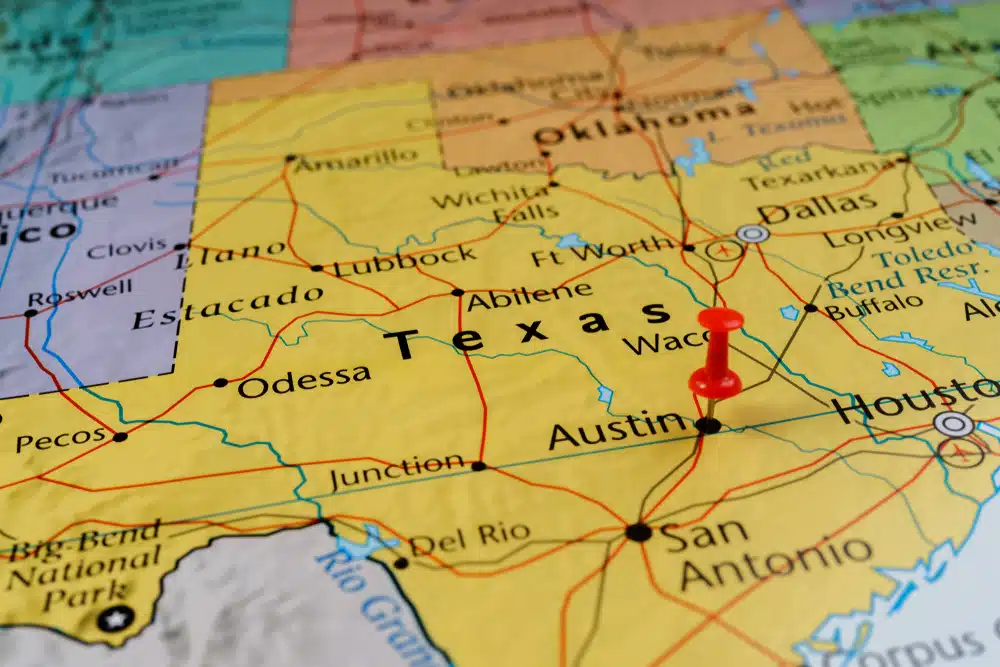The Texas Parks and Wildlife Department has announced its plans to open six new state parks over the next 12 to 15 years, as part of a statewide initiative to expand parkland.
As per a report, these future parks were highlighted in a special commemorative issue of the department’s magazine, celebrating the 100th anniversary of the state park system.
Texas State Parks Director Rodney Franklin emphasized the need to provide more recreational opportunities for the state’s growing population.
“Until the recent passage of Proposition 5, we haven’t had the funds to develop some of the properties we have in our inventory,” Franklin said in a statement.
“So, it’s exciting that we can build new state parks for future generations of Texans to enjoy.”
According to a report by the Environment Texas Research & Policy Center, Texas lags behind most other states in state parkland. The state ranks 35th in the nation for state park acreage per capita, with 636,000 acres of parkland for a population of over 29 million as of 2019.
In 2019, voters approved Proposition 5, which stated that money generated from the existing sales tax on sporting goods can be allocated only to the Texas Parks and Wildlife Department and the Texas Historical Commission.
This development comes as Texas lawmakers consider legislation that would, with voter approval, create a fund to invest $1 billion in buying more land for the state parks system. Currently, Texas has 89 parks, natural areas, and historic sites.
The expansion of parkland is expected to boost the local economy, as the outdoor recreation industry supports numerous jobs, generates economic output, and increases tourism revenue. These new parks will provide further opportunities for businesses and employment in the sector.
In addition to the economic impact, expanding parkland can offer significant environmental and health benefits. Increased access to nature is known to reduce stress, improve air quality, and provide opportunities for physical exercise for individuals. The preservation of parkland also protects critical habitats for wildlife, water sources, and helps in carbon sequestration.
Outdoor recreation enthusiasts can expect a variety of activities in the upcoming state parks, ranging from hiking and biking to fishing, camping, and wildlife observation. These parks will cater to diverse interests and provide visitors with myriad options to explore nature.
New parks in development include Palo Pinto Mountains State Park near Fort Worth, the Dan A. Hughes Unit of the Devils River State Natural Area near Del Rio, Albert and Bessie Kronkosky State Natural Area near Boerne, Powderhorn State Park near Port Lavaca, Chinati Mountains State Natural Area near Presidio, and Davis Hill State Natural Area near Houston.


